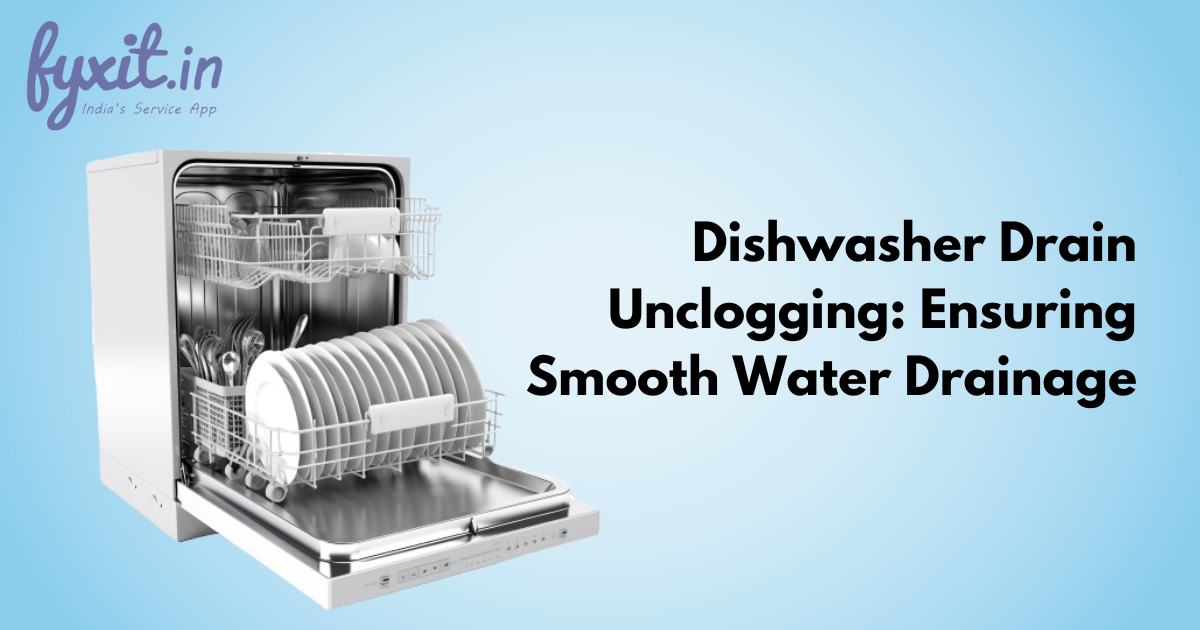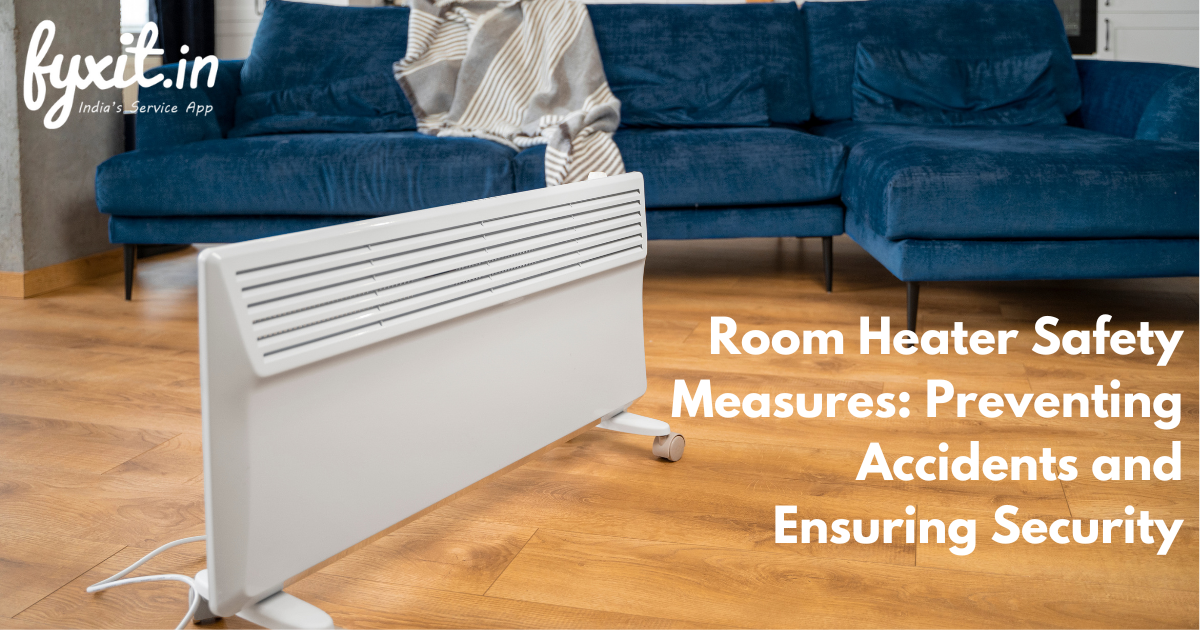In today’s fast-paced world, technology is constantly evolving, and our homes are becoming smarter than ever before. From intelligent personal assistants to connected devices, innovation has transformed the way we live and interact with our living spaces. This is particularly true for home appliances, which have seen significant advancements in recent years. Let’s explore the future of home appliances and highlight some of the emerging trends and innovations that are shaping the industry.
Highlights
- Smart home integration, allowing for seamless control and automation of appliances.
- Energy efficiency and sustainability features to reduce energy consumption and minimize environmental impact.
- The use of artificial intelligence and machine learning for personalized experiences, predictive maintenance, and advanced automation.
- Advancements in cooking technologies, such as induction cooktops, steam ovens, and sous vide cooking, for improved cooking experiences.
- Improved connectivity and interoperability between appliances and other smart devices.
- Enhanced user interfaces, including touchscreen displays, voice commands, and gesture recognition.
- Integration of health and wellness features in appliances, such as air purifiers and water purifiers, for cleaner air and safe drinking water.
- Augmented reality and virtual reality technologies for visualizing appliances in the home before purchase.
- The focus on creating a connected ecosystem within the home for a streamlined user experience.
- The overall goal of providing enhanced convenience, efficiency, and well-being through innovative home appliance designs.
Table of Contents
Internet of Things (IoT) Integration
One of the most prominent trends in the future of home appliances is the integration of the Internet of Things (IoT). IoT technology allows devices to connect and communicate with each other, enabling seamless automation and control. With IoT integration, home appliances can be controlled remotely through smartphones or voice assistants. This means you can turn on your washing machine, adjust the temperature of your refrigerator, or preheat your oven, all from the convenience of your smartphone. IoT integration also enables appliances to gather and analyze data, leading to improved energy efficiency, predictive maintenance, and personalized user experiences.
Artificial Intelligence (AI) and Machine Learning
Artificial Intelligence and machine learning technologies are revolutionizing the capabilities of home appliances. AI-powered appliances can learn and adapt to users’ preferences, providing personalized experiences and optimizing performance. For example, smart thermostats can automatically adjust temperature settings based on users’ habits and external conditions, leading to energy savings. AI-enabled washing machines can detect fabric types and adjust wash cycles accordingly, ensuring optimal cleaning while preserving the quality of clothes. As AI continues to advance, we can expect appliances that offer greater convenience, energy efficiency, and automation.
Energy Efficiency and Sustainability
With increasing concerns about climate change and energy consumption, energy efficiency and sustainability have become key focus areas in the development of home appliances. Manufacturers are incorporating advanced technologies to reduce energy consumption and minimize environmental impact. Energy-efficient appliances, such as refrigerators, air conditioners, and washing machines, are being designed to meet stricter energy efficiency standards. Additionally, appliances are being equipped with features like smart sensors and eco-friendly modes to optimize resource usage. The future of home appliances lies in creating eco-friendly and sustainable solutions that help consumers reduce their carbon footprint.
Smart Home Integration
As smart home technology becomes more prevalent, home appliances are being designed with compatibility and integration in mind. Smart home integration allows appliances to seamlessly communicate and collaborate with other devices and systems in the home, creating a unified and connected ecosystem. For example, a smart oven can communicate with a smart refrigerator to suggest recipes based on available ingredients, or a smart lighting system can sync with your dishwasher to indicate the completion of a cycle. This integration enhances convenience, efficiency, and automation within the home, making daily tasks more streamlined and intuitive.
Enhanced User Experience and Interface
The future of home appliances is focused on enhancing the user experience through intuitive interfaces and innovative features. Touchscreens, voice control, and gesture recognition are becoming more prevalent, offering convenient and user-friendly ways to interact with appliances. For instance, refrigerators with built-in touchscreens allow you to create shopping lists, watch cooking videos, and leave notes for your family. Voice-controlled appliances enable hands-free operation, while gesture recognition technology lets you control devices with simple gestures. These advancements aim to make appliances more user-centric and simplify daily tasks.
Personalization and Customization
In the future, home appliances will offer greater personalization and customization options to cater to individual needs and preferences. From personalized temperature settings in refrigerators to customized washing cycles in laundry machines, appliances will adapt to users’ specific requirements. Smart algorithms and data analysis will enable appliances to learn and anticipate user preferences, providing tailored experiences that save time and effort.
Advanced Health and Wellness Features
Home appliances are increasingly incorporating features that promote health and well-being. For example, smart air purifiers can monitor air quality and adjust purification levels accordingly, ensuring clean and healthy indoor air. Smart refrigerators can track food inventory and expiration dates, helping users maintain a healthy diet and reduce food waste. Appliances with integrated health monitoring capabilities, such as heart rate monitors in washing machines or smart scales in bathrooms, can provide valuable health-related data. These features aim to create a healthier living environment and support users’ well-being.
The future of home appliances is filled with exciting trends and innovations. IoT integration, artificial intelligence, energy efficiency, smart home integration, enhanced user experiences, personalization, and health-focused features are just a few of the advancements we can expect to see. As technology continues to evolve, home appliances will become smarter, more intuitive, and seamlessly integrated into our lives, making our homes more efficient, sustainable, and comfortable.



